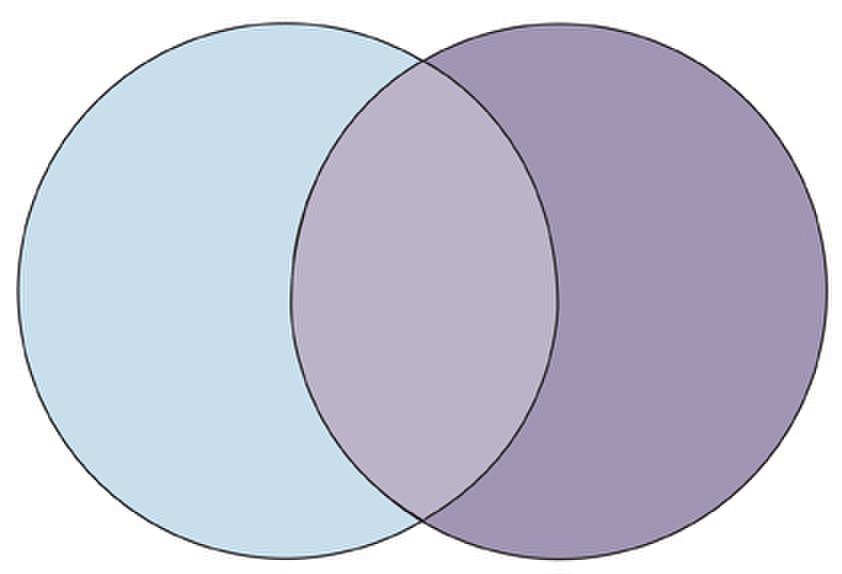
Nahida S.
asked • 02/03/20i need help to solve this
Classify each statement as applying to ionic bonds, covalent bonds, or both types of bonds.

oppositely charged ions are attracted to each other
form after one atom donates an electron to another atom
polar water molecules can pull them apart
form when atoms share electrons
stay together in water
found in biomolecules, such as proteins and DNA, that make up cells
a strong interaction between atoms
attraction based on the number of electrons in the outermost shells of the elements involved
1 Expert Answer

Cynthia M. answered • 02/04/20
Patient, creative and knowledgeable biology, math and study tutor
Ionic:
oppositely charged ions are attracted to each other
form after one atom donates an electron to another atom
polar water molecules can pull them apart
Covalent:
form when atoms share electrons
stay together in water
a strong interaction between atoms
Both:
found in biomolecules, such as proteins and DNA that make up cells
attraction based on the number of electrons in the outermost shells of the elements involved
Still looking for help? Get the right answer, fast.
Get a free answer to a quick problem.
Most questions answered within 4 hours.
OR
Choose an expert and meet online. No packages or subscriptions, pay only for the time you need.





Stanton D.
Hi Nahida S., Is your question about how to apply a Venn diagram, or in how to sort though the descriptions for which types of bonds they apply to? If the former, just set the light blue section on the left as "true of ionic bonds only", the center biconvex lens shape as "true of both types of bonds", and the right-hand section as "true of covalent bonds only". (There are also hydrogen bonds, dipole-dipole attractions, dipole-induced_dipole attractions, dispersion forces, and metallic bonds, but don't fret about those yet, obviously). These are all fairly clearcut descriptions, except perhaps the last one (since the number of electrons in a particular shell completely determines an element's chemistry possibilities!); you should be able to take your idea of an ionic lattice (NaCl, perhaps) and a covalent molecule (glucose, perhaps) and "try them on for size" against the descriptions. If not, respond and I'll help you further. --Cheers, -- Mr. d.02/03/20